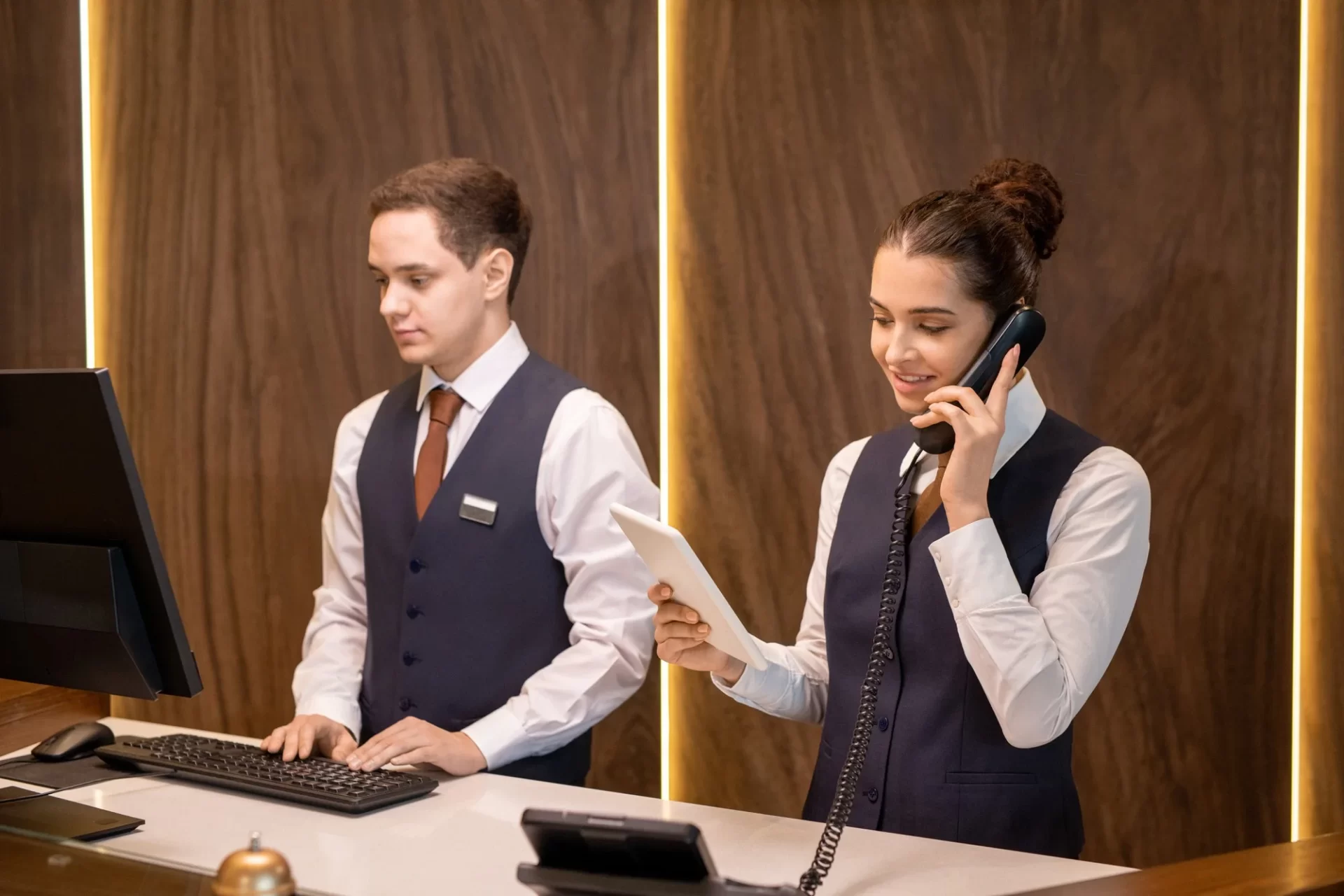
In today’s increasingly competitive job market, a well-written CV (Curriculum Vitae) is your passport to landing your dream internships in the hospitality industry. Whether you’re aiming for an internship in Marketing, Catering, Operations or Events, a solid CV can make all the difference. 💯
This short guide will walk you through the essentials of creating a CV that not only showcases your skills and experience, but is also well-positioned on the Hospitality Trainee platform and other search engines to increase your visibility to potential employers.
Your CV is often the first impression you make on a potential employer, so it’s essential to make sure it’s visually appealing. Use a clean, professional format with easy-to-read fonts. Be sure to include your name, contact details and a clear statement of purpose at the top. Start with a compelling summary highlighting your passion for hospitality and your key achievements.
In the hospitality industry, experience is important. In this section, focus on your previous hospitality experience. Start with your most recent internship and work backwards. Include details such as the name of the establishment, your job title and the dates you worked there. Be sure to mention specific responsibilities and achievements, focusing on those relevant to the job you’re applying for.
The hospitality industry requires a unique set of skills, including excellent communication, customer service and problem-solving abilities. Dedicate a section of your CV to showcasing these skills. Use bullets to make them stand out. Mention any certifications or training you’ve taken, such as food safety courses, that may set you apart from other candidates.
For your CV to rank well in online job or internship searches, it’s essential to incorporate relevant keywords. Look for industry-specific keywords that employers are likely to use when searching for candidates. These could be terms such as « hospitality management », « customer services » or « reception ».
Once you’ve identified your target keywords, place them strategically in your CV. Include them in your statement of purpose, in the description of your professional experience and in the section relating to your skills. However, avoid keyword stuffing, which can make your CV look artificial. Choose a balanced, user-friendly approach.
Our search engine prefers well-structured, error-free content. Proofread your CV carefully to ensure that it contains no spelling or grammatical errors. An error-free CV not only ranks higher, it also reflects your attention to detail, a valuable quality in the hospitality industry.
When it comes to CVs, one size does not fit all. Tailor your CV to the internship or job you’re looking for, focusing on the skills and experience most relevant to the specific position you’re applying for. This extra effort can make a big difference.
Canadian resumes typically focus on achievements and results, while American resumes tend to include more details about duties and responsibilities.
You must therefore adapt your CV to the standards of the recruiter’s country.
Numbers and metrics can make your CV more convincing. If you’ve increased customer satisfaction or restaurant sales, include specific percentages or figures to highlight your impact.
If you’re not sure about the quality of your CV or how to optimize its SEO, consider asking a professional for help. Professional CV writers can provide expert advice and ensure your CV stands out from the crowd.
Artificial intelligence (AI) has become increasingly popular in recent months, offering human resources professionals practical applications for optimizing their recruitment processes. This new technological race is leading to a transformation, sometimes radical, of everyday practices. Faster, easier to use, more useful… AI is revolutionizing the world of work, and that of recruitment. To take things a step further, here are 10 practical applications of AI in recruitment to boost your productivity and efficiency.


